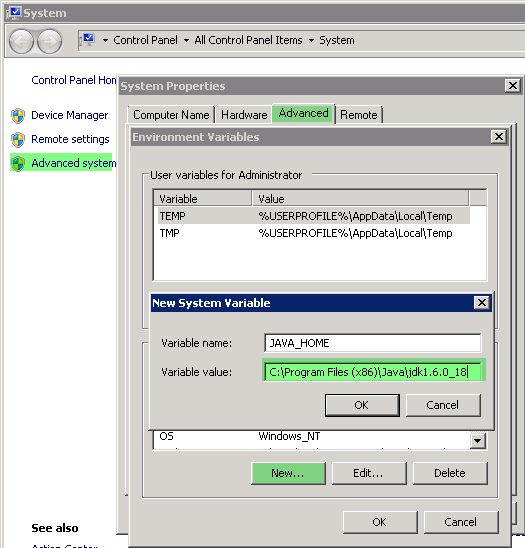

This flag can be called with different arguments, each producing an other information output. Twitter screenshot of a message by OpenJDK about adding the -XshowSettings flag In 2010, an experimental flag (indicated with the X) was added to OpenJDK to provide more configuration information: -XshowSettings. SOURCE="git:f4b2b4c5882e" Getting More Information With showSettings $ cat /Users/frankdelporte/.sdkman/candidates/java/8.0.332-zulu//release $ cat /Users/frankdelporte/.sdkman/candidates/java/19-zulu/release Lrwxr-xr-x 1 frankdelporte staff 7 Nov 21 21:09 current -> 19-zuluĪnd in each of these directories a release file can be found which also shows us the version information, including some extra information. On my machine, as I use SDKMAN to switch between different Java versions, all my versions are stored here: $ ls -l /Users/frankdelporte/.sdkman/candidates/java/ĭrwxr-xr-x 15 frankdelporte staff 480 11.0.15-zuluĭrwxr-xr-x 16 frankdelporte staff 512 17.0.3.fx-zuluĭrwxr-xr-x 15 frankdelporte staff 480 18.0.1-zuluĭrwxr-xr-x 15 frankdelporte staff 480 Sep 7 18:36 19-zuluĭrwxr-xr-x 18 frankdelporte staff 576 8.0.332-zulu The above output results from info read by the java executable from a file inside its installation directory. OpenJDK 64-Bit Server VM Zulu19.28+81-CA (build 19+36, mixed mode, sharing) Checking Version Files in the Installation Directory OpenJDK Runtime Environment Zulu19.28+81-CA (build 19+36) Probably the easiest way to find the installed version is by using the java -version terminal command: $ java -version Learn moreįrom time to time, you need to check which Java version is installed on your computer or server, for instance when starting on a new project or configuring an application to run on a server.īut did you know there are multiple ways you can do this and even get much more information than you might think, very quickly? OpenJDK 64-Bit Server VM (build 25.Frank Delporte is a Java Champion, Java developer, technical writer at Azul, blogger, author of "Getting started with Java on Raspberry Pi", and contributor to Pi4J. OpenJDK Runtime Environment (build 1.8.0_232-b09) sudo update-alternatives -config javaĬhoose the option number corresponding to /usr/lib/jvm/openjdk-8u232-b09/bin/java*. Sudo update-alternatives -install /usr/bin/javac javac /usr/lib/jvm/openjdk-8u232-b09/bin/javac 1Ĭonfigure the alternatives.

sudo update-alternatives -install /usr/bin/java java /usr/lib/jvm/openjdk-8u232-b09/bin/java 1 Install the alternatives for java and javac. sudo tar -xvf OpenJDK8U-jdk_圆4_linux_ -C /usr/lib/jvm This the location where Ubuntu by default save JVMs.

AdoptOpenJDK/openjdk8-upstream-binaries Įxtract the tarball and save the contents in /usr/lib/jvm.Get the binary OpenJDK8U-jdk_圆4_linux_ from Release OpenJDK 8u232 GA Release


 0 kommentar(er)
0 kommentar(er)
